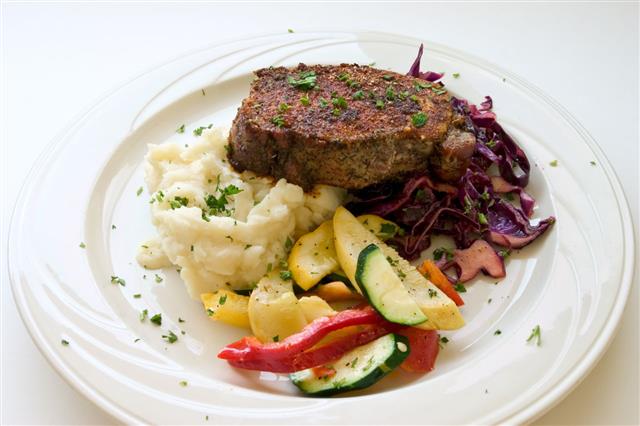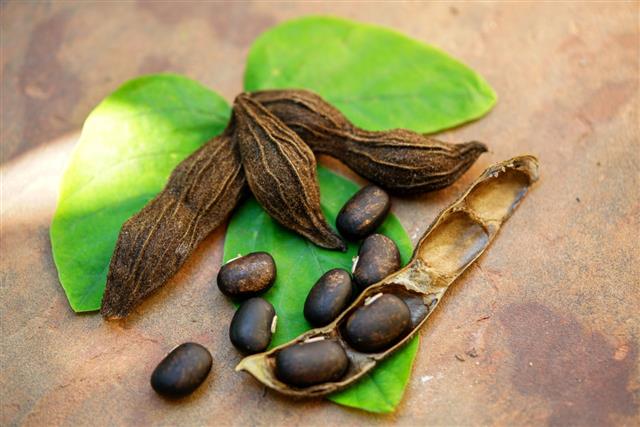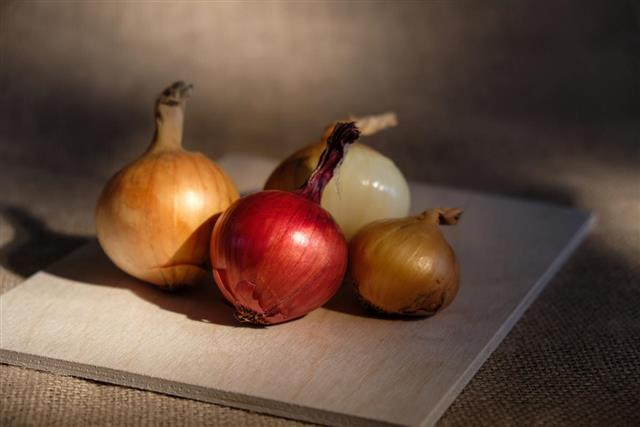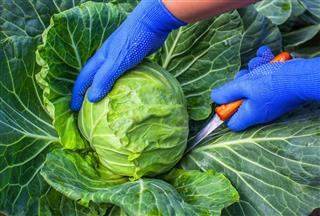
With gallbladder problems, it is best to remain vigilant. To learn which foods can irritate your gallbladder and cause unwanted pain, scroll below.
It’s funny how the smallest things can cause the most pain. Take the gallbladder, for example. A tiny organ, on the underside of the liver, which helps in digestion and stores bile. Seems harmless enough, so why is there so much notoriety about gallbladder problems?
Your gallbladder is prone to diseases, mainly in the form of stones or lesions. And it’s these stones that give you the most grief. Whether trying to pass them or just tolerating them, gallstones are one painful way of your gallbladder expressing itself. The signs and symptoms of gallbladder problems vary in location and intensity. So if you have gallstones, or are trying to reduce their occurrence, you need to know which are the foods that trigger gallbladder symptoms, to avoid them as far as possible.
Fruits and Vegetables
Vegetables that are good for dealing with gallbladder issues, are those rich in vitamin B and iron, like spinach, or antioxidants, like squash, bell peppers, and tomatoes. Your fiber intake should increase too. Herbs are great multipurpose additions to diet. Garnish food with them or use them to make herbal teas. But some fruits of the citrus family and certain veggies can cause more harm than good.
|
|
Animal Products
Certain animal meat and meat products can aggravate a gallbladder condition. There is a lot of fat in meat like pork or sausages, and fat is something that should be seriously avoided with gallbladder problems. A smart way to eat meat and keep the gallbladder happy, is to opt for the leanest cuts, with absolutely no fat content. Also use healthier cooking techniques, like boiling, steaming or grilling, which eliminate fat. Use skinless chicken or turkey. Try to eat fish instead of poultry. For an excellent protein source without fat, use fish like tuna, mackerel, salmon, herring or halibut.
Avoid the following:
- Red meat
- Pork
- Poultry meats which include chicken, duck, goose, turkey, quail
- Any processed meats – sausages, salami
- Animal fats (lard)
- Organ meats (kidney, liver)
- Eggs
Dairy Products
Milk and milk products have a moderate to high fat content. Products like cheese, yogurt and ice cream are definite danger foods. Full-fat dairy products like butter, cream, ice cream, cream cheese, sauces and soups containing creams are also dangerous foods. Lactose intolerance and sensitivity to dairy, are possible allergens that could trigger gallbladder attacks.
Beverages
The jury is still out on the effect of liquids on gallbladder problems. Carbonated and fizzy drinks, sodas, soft drinks etc. are a definite no. Alcohol is another beverage to avoid. Coffee with caffeine is currently being researched for its effects, but it can interfere with medications, so monitor its impact and consult a doctor, if in doubt.
Fried and Refined Foods
The foods under this category, are high in both cholesterol and fat, both of which are extremely hazardous for those with gallbladder issues. Such foods include commercially produced baked goods and sweets, like donuts, cookies, crackers and pies. Refined foods are another risk, with high trans fats content. Examples are white bread, pastas and refined sugar. Foods like tomato-based products (marinara sauce, spaghetti sauce) and fried vegetables can also aggravate a gallbladder attack.
Other such foods which do not fit under any category are:
- Salad dressings and sauces – It is no use eating vegetables, if they are coated or dipped with such additions
- Chocolate
- Margarine
- Mayonnaise
- Food additives and preservatives
It’s pretty obvious from the above list of foods that trigger gallbladder symptoms, that to avoid pain and grief, start eating smart. Don’t eat large portions of food, especially in one meal. Instead have small meals throughout the day. And now is not the time to diet. Your body needs nutrients and materials, during this time, so don’t follow any low calorie or binge-purge styled diets. Remember to drink plenty of water.
Disclaimer: This HealthHearty article is for informative purposes only and does not, in any way, intend to replace the advice of a medical expert.











